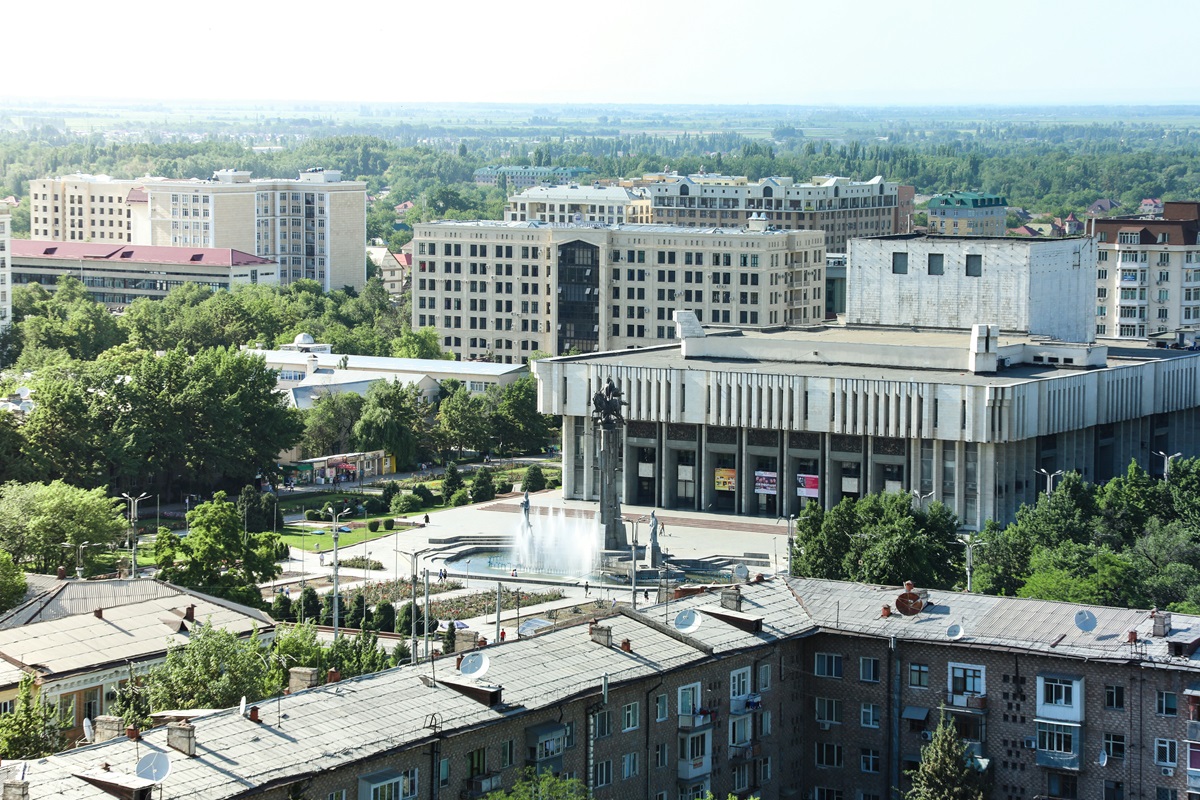A ‘Singapore model’ for Kyrgyzstan
The government in Biškek is looking to Singapore as an avenue to imitate. And the enhancement of agricultural production, one of the most significant chapters of Kyrgyzstan's exports, is an important opportunity for relations with the city-state, where there are no great natural resources.
Biškek (AsiaNews) - Kyrgyzstan is trying to move towards a more dynamic and contemporary economic and state model, looking at the Asian model of Singapore, as professional coach Kevin Cann of Precision Powerlifting Systems, a member of the advisory board of the Harvard Business Review, who advises many leading companies in Singapore itself and a little bit around the world, says on Kaktus.media.
He explains that ‘ business couching is an organisational mode that serves to uncover the leadership potential of companies’ employees, at whatever level they work. It means breaking down barriers and developing the knowledge needed to achieve the most important goals, paving the way for the most ambitious projects. Working in Kyrgyzstan, Cann believes that the country ‘stands on the threshold of tumultuous growth’, observing people's desire to overcome old patterns of Central Asian and Soviet heritage.
It is crucial to enhance agricultural production, one of the most significant chapters of Kyrgyzstan's exports, which is also very important for countries like Singapore or Macau, where there are no great natural resources, and people are always looking for food on the international market. In addition, light industry is well developed in Kyrgyzstan, with many companies producing clothing and textiles, in a sector where people from all over the world are looking for alternatives to the more traditional locations, such as Bangladesh or Cambodia, explains the expert.
The Biškek government itself looks up to Singapore as a model to imitate, but Cann warns that ‘Singapore took a long time to become what it is today’. There are fundamentals to adhere to, including travel to observe and learn about the technologies and methods of other countries, starting with the US or Britain, to absorb the best experiences. It is therefore imperative to invite international experts to Kyrgyzstan, which is precisely what the Singapore government has done with great care, opening up various sectors not only for immediate production, but especially for cadre training.
Singapore is also extolled for the high level of education of its population. Education is always the basis for innovation, Cann reiterates, although ‘it is not necessary for everyone to reach the highest grades, the important thing is that everyone has the opportunity to learn and find their true interests. If a person is attracted to their work, then they will try to do it to the best of their ability. One can study at academic institutions, but also learn from the most experienced and qualified managers, and this is another key principle of Singapore's success, inviting not only professors, but also great professionals.
Another area where Singapore has achieved great results is its ability to create a very investment-friendly atmosphere. This has attracted many companies from abroad, who have found a well-prepared workforce, allowing international firms to have their specialists interact with local ones, and ‘the exchange of knowledge and experience is really important,’ assures the coach-manager. Those who come from outside must in turn learn the characteristics of the country's society, culture and lifestyle, and can then share their international experience at various levels, in a continuous two-way process.
Cann notes that ‘many people think that everything is the same everywhere in Asia, but this is a misleading view. Each country is different from the others, and this is also true for the five Central Asian neighbours, with differences in natural resources and human potential, in a competition that must become increasingly constructive and mutually supportive.
24/10/2019 17:56







.png)










